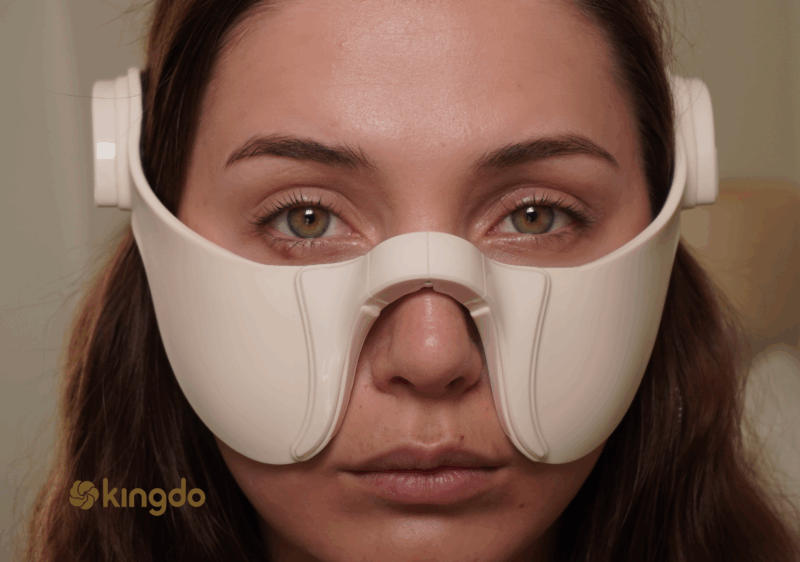
In the intricate realm of legal proceedings, particularly those involving personal injury, medical negligence, or workplace accidents, the role of occupational therapists (OTs) in crafting medico-legal reports is indispensable. These professionals provide comprehensive medico legal assessments that bridge the gap between medical diagnoses and the real-world implications of an individual’s injuries or disabilities. By delivering detailed evaluations, OTs ensure that the functional impact of injuries is thoroughly understood, facilitating fair and just legal outcomes.
Understanding Medico-Legal Reports
Medico-legal reports are expert documents prepared for legal cases to objectively detail the nature of an individual’s injuries, their functional limitations, and the consequent impact on daily life and work capabilities. These reports are pivotal in personal injury claims, insurance disputes, and compensation cases, as they provide the court with an independent assessment of the claimant’s condition. The insights offered in these reports guide decisions regarding compensation, rehabilitation needs, and future care requirements.
The Integral Role of Occupational Therapists
Occupational therapists bring a unique and holistic perspective to medico-legal assessments. Their expertise lies not only in understanding the medical aspects of an injury but also in evaluating how these injuries affect an individual’s ability to perform daily activities, engage in work, and participate in social and recreational pursuits. This comprehensive approach ensures that all facets of a claimant’s life are considered, leading to more accurate and fair determinations in legal contexts.
Functional Assessments
A core component of an OT’s contribution is the functional assessment. This process involves evaluating the claimant’s ability to perform tasks such as personal care, household chores, mobility, and occupational duties. By observing and analyzing these activities, OTs can identify specific limitations and recommend necessary interventions or accommodations. For instance, an OT might assess whether an individual with a spinal injury requires assistive devices or home modifications to facilitate independent living.
Vocational Evaluations
Beyond daily activities, OTs assess the impact of injuries on an individual’s capacity to work. This involves evaluating whether the claimant can return to their previous employment, requires modifications to their work environment, or needs to explore alternative vocational options. Such evaluations are crucial in determining loss of earnings and future employability, directly influencing compensation outcomes.
Care and Support Needs
OTs also provide expert opinions on the level of care and support a claimant may require, both presently and in the future. This includes recommendations for personal care assistance, domestic help, and community support services. By quantifying these needs, OTs help the court understand the financial implications of the injury, ensuring that compensation awards adequately cover the claimant’s requirements.
The Process of Medico-Legal Assessment
The process of conducting a medico-legal assessment is meticulous and involves several key steps:
- Review of Medical Documentation: OTs begin by thoroughly reviewing all relevant medical records, including hospital discharge summaries, specialist reports, and previous assessments. This comprehensive review provides a foundational understanding of the claimant’s medical history and current condition.
- Clinical Interview and Observation: The OT conducts an in-depth interview with the claimant, often accompanied by a support person. This interaction allows the therapist to gather detailed information about the claimant’s pre-injury lifestyle, current limitations, and personal goals. Observations during this session provide additional insights into the claimant’s functional abilities.
- Functional Testing: Standardized assessments and practical tasks are employed to objectively measure the claimant’s physical and cognitive abilities. These tests help identify specific impairments and their impact on daily functioning.
- Environmental Assessment: When necessary, OTs evaluate the claimant’s living and working environments to identify barriers to accessibility and recommend modifications or assistive devices to enhance independence.
- Report Compilation: The OT synthesizes all collected information into a comprehensive medico-legal report. This document outlines the claimant’s functional status, care needs, vocational implications, and recommendations for interventions or accommodations.
Impact on Legal Outcomes
The detailed analyses provided by OTs in medico-legal reports have a profound impact on legal proceedings:
- Informed Decision-Making: Judges and legal professionals rely on these reports to make informed decisions regarding liability, compensation amounts, and the necessity for ongoing support or rehabilitation services.
- Objective Evidence: OT assessments offer objective evidence that can substantiate claims, helping to resolve disputes and facilitate settlements.
- Holistic Perspective: By considering the claimant’s overall well-being and functional capabilities, OTs ensure that legal outcomes address not just immediate medical costs but also long-term needs and quality of life.
Challenges and Considerations
While the contributions of OTs are invaluable, there are challenges inherent in medico-legal work:
- Maintaining Objectivity: OTs must remain impartial, providing unbiased assessments regardless of the instructing party. This objectivity is crucial to uphold the integrity of the legal process.
- Navigating Legal Standards: OTs must be well-versed in legal standards and procedures to ensure their reports meet the requisite criteria and are admissible in court.
- Ethical Considerations: Balancing the therapeutic role with the evaluative nature of medico-legal work requires careful ethical consideration to avoid conflicts of interest and maintain professional integrity.
Achieving Equitable Legal Outcomes
Occupational therapists play a pivotal role in the preparation of medico-legal reports, offering comprehensive assessments that illuminate the real-world impact of injuries on individuals’ lives. Their expertise ensures that all aspects of a claimant’s functional abilities and needs are thoroughly evaluated, providing the legal system with the necessary information to make fair and just decisions. As the interface between healthcare and law continues to evolve, the importance of OTs in medico-legal contexts remains paramount, underscoring their invaluable contribution to achieving equitable legal outcomes.













